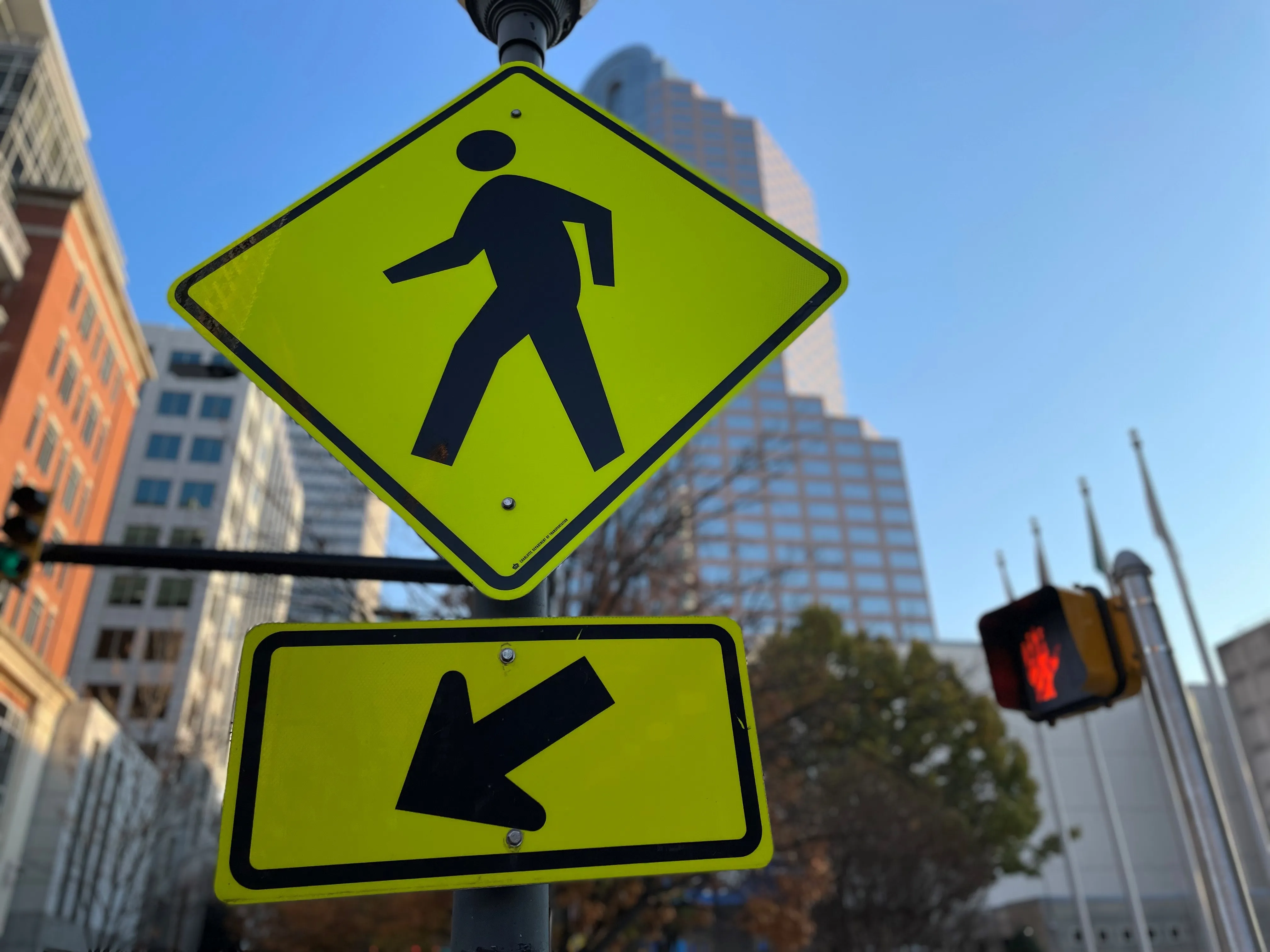IAM RoadSmart says it is unconvinced of value of the decision by City of Edinburgh Council to impose a 20mph speed limit on the vast majority of the capital’s streets as of 31 July.
The multi-million pound scheme is the first of its kind in Scotland and will affect more than 80 per cent of the city’s roads.
IAM RoadSmart, the UK’s independent road safety charity stated that the proposals amounted to a city-wide limit that didn’t address specific problematic roads.
Neil Greig, IAM RoadSmart policy a
July 29, 2016
Read time: 2 mins
IAM RoadSmart says it is unconvinced of value of the decision by City of Edinburgh Council to impose a 20mph speed limit on the vast majority of the capital’s streets as of 31 July.
The multi-million pound scheme is the first of its kind in Scotland and will affect more than 80 per cent of the city’s roads.
IAM RoadSmart, the UK’s independent road safety charity stated that the proposals amounted to a city-wide limit that didn’t address specific problematic roads.
Neil Greig, IAM RoadSmart policy and research director, said: “It’s a blanket approach. On some streets, 20mph is a speed that you might aspire to rather than need to limit yourself to. But there are others where it looks and feels safer to go over 20, and that’s potentially confusing because drivers take their cue from the environment.
“If you look at the evidence, what seems to work is measures like speed bumps and narrower roads. Covering whole areas in one 20mph limit and putting up some signs is a cheap way to do it. We’d rather see investment made in dealing with the streets where there will be the most benefit.”
The multi-million pound scheme is the first of its kind in Scotland and will affect more than 80 per cent of the city’s roads.
IAM RoadSmart, the UK’s independent road safety charity stated that the proposals amounted to a city-wide limit that didn’t address specific problematic roads.
Neil Greig, IAM RoadSmart policy and research director, said: “It’s a blanket approach. On some streets, 20mph is a speed that you might aspire to rather than need to limit yourself to. But there are others where it looks and feels safer to go over 20, and that’s potentially confusing because drivers take their cue from the environment.
“If you look at the evidence, what seems to work is measures like speed bumps and narrower roads. Covering whole areas in one 20mph limit and putting up some signs is a cheap way to do it. We’d rather see investment made in dealing with the streets where there will be the most benefit.”








